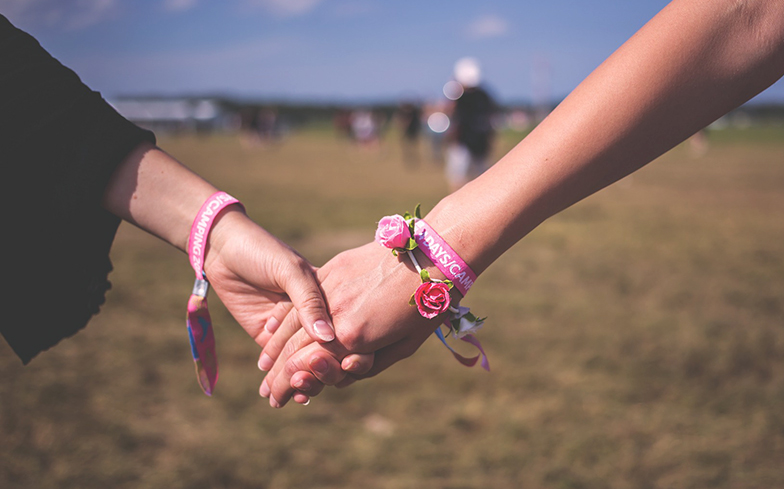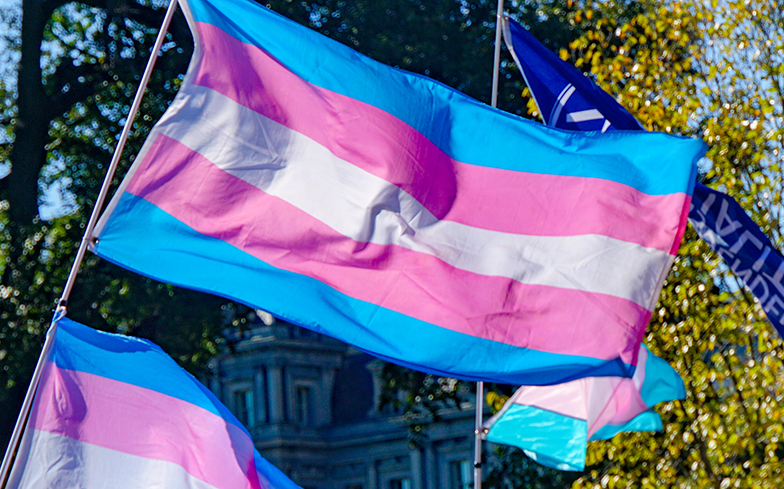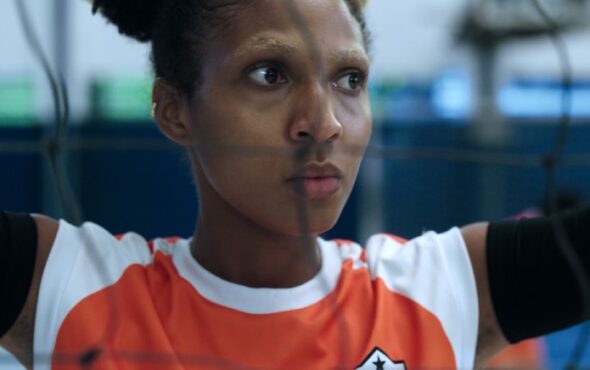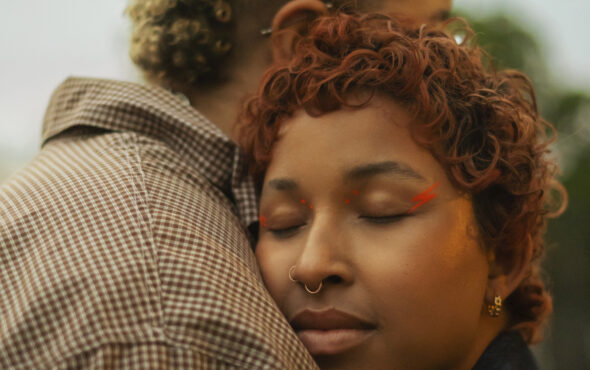
For the first time in British modern history, there is a generation of young people who are more aware and open to exploring the spectrum of sexuality.
In a new piece of research commissioned by GAY TIMES in partnership with Karmarama and conducted by YouGov, over 2,000 adults in the UK were asked how they identify.
In the 18-24 age bracket, only 36% of respondents said that they consider themselves “completely heterosexual”.
That’s in comparison to 48% of the people asked who said they either identify as completely homosexual, or place themselves on the scale as being open to same-sex exploration and relationships.
It’s a clear indication that young people today have a much more fluid perspective when comes to finding love.
As part of the same result 14% of respondents either refused to answer, did not want to disclose their sexual orientation, or said that they don’t have a sexuality.
In the next age bracket up, 50% of 25-34-year-olds said they identify as “completely heterosexual”.

That’s compared to 42% of people who said they either identify as “completely homosexual” or on the sexuality spectrum.
These results are in stark contrast to older age categories, with 67% of 45-54-year-olds saying they identify as “completely heterosexual” and 78% of 55+ saying the same.
The new research also found that one in ten 18-24-year-olds now identify as trans, which is a 400% increase compared to the generation above them.
These generational shifts around sexual orientation and gender identity means that big companies have a social responsibility to be truly representative in their marketing campaigns.
That was the message that came out of our keynote presentation at Cannes Lions Festival last weekend, where we unveiled the data with Karmarama and guest speaker Charlie Craggs.
We can all acknowledge that LGBTQ representation in mainstream society is slowly improving, with huge brands keen to connect with queer audiences.
However, this is not always achieved in the most authentic way, and can sometimes lead to negative stereotypes being perpetuated.
In this same survey, we found that 64% of respondents think it’s positive for the LGBTQ community to be visible in advertisements.
They also think that advertising has an important role and responsibility in challenging conventions of what has traditionally been seen as ‘normal’.

Ted Eytan via Flickr
That being said, 72% of the LGBTQ respondents of the survey said that the way LGBTQ people are presented in advertising is tokenistic.
“These research findings may seem surprising to some, but they absolute align and support the continued connection we have to our queer audience here in the UK and overseas,” said Tag Warner, CEO of GAY TIMES.
“The binary world many of us have become accustomed to (‘gay’ and ‘straight’) is no longer relevant to most young people.
“This powerful research should be the catalyst to step-change thinking for advertising and marketing leaders when it comes to LGBTQ. In tandem with Karmarama and YouGov, we’re keen to further the understanding that LGBTQ related media is both vital, but often mis-delivers.”
Ben Bilboul, CEO of Karmarama, part of Accenture Interactive, added: “A slew of businesses now slap a rainbow flag on their logo once a year in recognition of the powerful pink pound. But while it’s encouraging to see brands make an effort to reach and represent the LGBTQ community around Pride, this needs to be a year-round endeavour and it needs to be done in a way that feels authentic.
“If you want to build a brand today, society expects brands to step up and positively represent the LGBTQ+ community.”
This research was based on a total sample size of 2,052 adults based in Great Britain. Of that total, 740 were LGBTQ respondents.



